A trip to Malta for a holiday or an English course
The European island archipelago of Malta in the Mediterranean Sea is attractive to both travelers and language learners alike and its rich culture, colonial history and pre-history and consistently pleasant climate ensure that you’ll never be short of something to see, do or explore here.
Malta is host to some of the Mediterranean’s most attractive beaches and lagoons and the varied nature of these beauty spots allow you to spend a day on a touristy beach mixing with fellow holiday-makers and locals alike, followed by a day in a secluded bay enjoying some peace and quiet. The more popular, busier beaches offer a wide range of water sports so a day in the sun needn’t consist purely of lying on a sunbed enjoying a good book – although if this is your idea of a relaxing holiday, then Malta’s warm summer and relaxed atmosphere will appeal to you! The crystal-clear, turquoise waters which surround the island make it a perfect base for scuba diving and offer an opportunity to explore the island’s diverse marine life as well as underwater caves, reefs and wrecks.
Inland, there is much evidence of Malta’s fascinating and varied history to be explored. A number of archaeological sites offer a glimpse into life on the island over 5000 years ago and much of Malta’s colonial past is still evident in the architecture, best seen on a lazy stroll through the island’s narrow streets.
For travelers who want more from their trip than a sun tan and a cultural education, Malta is a great place to enroll on an English course. As a bilingual island there are numerous opportunities to practice your language skills outside of the classroom – a trip to one of the many village markets, for example, allows you to indulge in a spot of bargain-hunting as well as striking up a conversation with the locals. One of Malta’s restaurants which offer fabulous, fresh seafood or its several bars and nightclubs give you the chance to let your hair down and make new friends – all the while speaking English of course!
Why You Should go Backpacking in West Africa
The backpacker awakes from a long sleep in a comfortable bed–two blankets, three pillows, and a mattress that almost begs him to stay. He grabs his phone, checks his email, smiles “hi” to his roommates and meanders downstairs. There, he boils some water–a stainless steel pot with black rubber handles–and turns on the TV. He’s comfortable, yet excited. Today, he will be flying to Bogotá to begin his trip. He’s eager for something new.
Months later, he finds himself in a hostel in Buenos Aires, with a world of experience in his rear-view mirror. He’s hiked, eaten, and chanced upon more novelty than he could have ever have dreamed. And yet, on this morning, living like the quintessential backpacker bum, in both amenities as well as odor, he still wakes in a bed that implores him not to leave. He still checks his email–he still makes breakfast with his fellow countrymen. The water flows when the handle is turned, and the room comes to life when the switch is flipped. Our backpacker is enjoying his trip as thoroughly as one can, but in those moments of personal reflection–of sitting on a ledge, feet swinging gently, thinking through all that’s been–he wonders: is this really so different from what I have at home?
Some backpackers, myself included, are pointlessly difficult to satisfy: we always question what comes next. To us, travel is meant to be hard–a self-inflicted flogging of frustration, perspiration, and futilely backwards bureaucracy–a substantial, “Armstrongian” step out of our comfort zones. We want it to be like we had always dreamed–just a wacky, far-off splatter on the map, and us, without any information desks nor stainless steel rubber gripped tea kettles to remind us that we’re not that far from home. We want to be a stranger, in a very strange place.
In a highly accessible world with many imaginative minds, the above flavor of ironic backpacker paradise has become increasingly harder to find. However, it is not lost entirely. So, for those who do crave challenge, coupled with an unflinchingly diarrheal diet of rice with “sauce” and malaria prophylactics, and just maybe, a small taste of that ever-elusive notion of “adventure,” West Africa is where you want to be.
West Africa is a chunk of countries in the northwest of the African continent, whose members generally include: Mauritania, Senegal, Mali, The Gambia, Guinea-Bissau, Côte d’Ivoire, Burkina Faso, Niger, Ghana, Togo, Benin, and Nigeria. It may seem like a lot, but the countries are rather tiny. Benin is slightly smaller than the state of Pennsylvania, for example. The Gambia measures only 32km in width. Almost all land borders are open, and with the correct visas in place, are relatively easy to pass. In fact, with so many countries, the logistical possibilities can be considered substantial; there’s a lot of different routes to take. I, the author, just returned from the area–4 months between Mauritania, Senegal, Guinea, Sierra Leone, and Côte d’Ivoire–and here, I make my impassioned case: why you should backpack West Africa.
1. There’s a Lot to See and Do
Backpackers travel to actively explore; this is very basic. And in West Africa, there’s no shortage of things to do. Riding the iron ore train in Mauritania, hiking the palm-laden playground of Guinea’s Djallon, and discovering a diamond mine in Sierra Leone were my personal favorites. Trekking Mali’s ornate Dogon Country, island-hopping in Senegal’s brightly lush Cassamance, or even canoeing and camping the Niger River are also popular choices. Navigating a rush hour in Lagos, bathing on Accra’s golden shores, trying to pronounce Ouagadougou, head-thumping rap shows in Freetown, summiting Guinea’s Mount Nimba, enjoying the refreshing sophistication–and trying to out-drink Ivorians–in Abidjan, and sending postcards from Timbuktu (OK–this one is probably not recommended at the current juncture) would also make for a nice afternoon. If you need to construct a list of activities to convince a skeptical parent, you won’t be hard-pressed. There’s plenty to see and do.
2. It’s Tough Not to Learn
West Africa has a fascinating history. From the Ashanti Gold Empire of what is now Ghana, to the birth of voodooism in what is now Benin, to endless kingdoms and sultans and religions and conflicts–to slavery, to war, to rise and defeat–West Africa has quite an illustrious past.
And then came the colonists. In the late 1800’s, European imperialists–mostly French, followed by English and Portuguese–sailed down to West Africa and began to set up shop. They pillaged communities, they looted resources, and above all, they claimed the land as their own. Finally, in the 1950’s, the colonists left, leaving behind the nations, most with newly formed borders, that we now see on the map. As you might imagine, they were left with many problems.
Every nation in West Africa carries the unequivocal label of a developing country. None boast basic infrastructures–paved roads, reliable electricity, clean water–for the masses. The entirety of West Africa is a large work-in-progress, and the issues aiding and impeding forward movement are in front of your face on an hourly basis. “Why are the Chinese building so many roads around here?” “Why is this country packed with diamonds, but its people are all still poor?” Why are the police officers harassing citizens for bribes?” “Why is everyone eating the exact same thing?!”
In West Africa, the underlying semantics of the government and economy alike are rarely buried under a veil of functionality: there are many problems, of which most citizens are actively aware, and as a backpacker, inquisitive or not, you will be educated daily. You will be invited to eat mangoes and chat government. You’ll be in a country’s east, hearing all day about why its locals can’t get along with the tribe in the west; days later, you’ll cross into the west, and hear the very same thing about those in the east . The learning process is rarely halted by familiar comforts either: you can’t just hang out in a Starbucks all day, browsing the WiFi and escaping it all. The issues of West Africa, even on a large travel budget, are inescapable. And when the electricity cuts off for the third time that day, as you are two hours into the monumental task of sending a single email, well, you just have no choice but to figure out just what the hell is going on.
3. It’s Really Just You
In 4 months I met 12 people backpacking in West Africa.Other travelers share similar statistics. There’s a few guidebooks for the area, but they aren’t very reliable. There’s hardly a beaten path, as there’s just no one to beat it in the first place. You won’t be sharing travel stories in your hostel bar, and you won’t be asking the information desk for a brochure. In many countries, locals quite literally don’t even understand what a tourist is.
In West Africa, it’s really just you. You make your own choices–you choose your own path. You figure out how to find places to stay, how to figure out what to do, how to trek to the next village and how to exchange your money. It’s just you dicing cassava with brilliantly dressed villagers, or sharing Fanta and acheke with your local imam. You’re in a strange place, and you are the stranger. It’s a grand and beautiful theme park of possibility, and your level of involvement and personal reward relies entirely on your own devices. It is the ultimate “solo travel” experience.
4. You Never Know What’s Next–Or What Isn’t
You arrive at la gare, where the bush taxis fill up, around 6:30am. Your car may fill by 7:00am, or it may fill by1:00pm. It may break down 10 times, or it may break down 20. Your driver may stop for lunch inexplicably, leaving 12 fiery passengers stuffed like jalapenos under a scorching red sun barking for his return. You may be invited to a wedding by strangers on the street, finding yourself in a glorious wonderland of food, liquor and color only a short hour later. You may be hiking, passing some villagers who are apprehensive about your presence, while the next refuse to stop feeding you oranges, bananas, rice, and fish until you literally beg their pardon.
In West Africa, more than anywhere else I’ve ever traveled, you really don’t know what the day will bring. A strong reason for this is the novelty of the culture, compounded by the fact that, once more, you are almost always the only backpacker in town. The locals want to help, befriend, educate, and involve. Be open, be as trusting as your good conscious allows, and your day will warp and twist to the good vibes of delightful possibility.
On the other hand, given that the Western notion of time is effectively non-existent, you really never know what won’t happen either. Just because your car leaves at noon, with only 100km of road ahead, there is no guarantee you will arrive before nightfall. In addition, just because you ordered your plate of rice and fish at4:00pm does not guarantee it will materialize before nightfall either.
In fact, the average day in West Africa is closely analogous with asking how long your bush taxi journey will take: “It depends on the road,” they’ll say. “I simply couldn’t give you a definitive answer.” And when you are spending your night sleeping outside on a cement veranda because the border is closed until morning, you’llknow, about bush taxi journeys and the day’s unpredictability alike, exactly what I mean.
5. It’s Very Safe, and You’re the Star
Apprehension about backpacking in Africa seems rather widespread, and when you’re in West Africa, with almost no other backpackers around, the proof is right there in front of you.
As a foreigner in West Africa, you’re the star. Everyone wants to talk to you and tell you about their country. Every mother seems to want to cook you food, while every child wants to give you a high-five. You ask for walking directions, and you’re offered a free motorbike ride instead. You ask a cafe owner what he’s cooking, and he offers the food that he’s currently eating, for free, instead. African hospitality is of a very special flavor, with the general gist being this: with seemingly everyone
The backpacker leaves home for a new experience, and in West Africa, he will find it. He’ll be fascinated by the culture, perplexed by it just the same, and ultimately, in a solar system of comfort very distant from his own. He will learn, he will discover, and his experience will not go as planned. This is West Africa–unequivocally differen
3 of the Best Beaches in Australia
Famed for its stunning beaches, Australia boasts over 4,000km of white sand and crystalline waters. Attracting over 580 million tourists in 2010 alone, Australia’s beaches rival those of Hawaii and the Seychelles. 90% of Australians live on the coast and consider their national pastime to be surfing, however, the thrilling sport isn’t the only activity popular along Australia’s coastline. Fishing, snorkeling rock pooling and even whale and dolphin spotting are all possible by simply going for a paddle.
Whilst, it’s not easy to choose the 3 best beaches in Australia with so many fantastic options, the following three have qualities that are perfect for families, those looking to top up their tan or enjoy exciting water activities such as surfing or snorkeling. If you are planning to visit Australia, you can check for Australia visa requirements online before hand to save you some time and headache.
Hayman Island, Great Barrier Reef, Queensland
For those looking to discover true idyllic, quiet, peaceful bliss need to look no further than the Hayman Island. Offering unsurpassed luxury and a multitude of activities including kayaking, water skiing, wakeboarding and even helicopter tours of the Great Barrier Reef. Dripping with astonishing natural beauty, the reef can be enjoyed either by sea or air and guests can also snorkel or dive at the reef with the Hayman Diving and Snorkeling Center which will provide guidance and expertise to those who need it. A trip to the Hayman Island in the Great Barrier Reef is an unforgettable experience.
Horrocks Beach, Western Australia
The picturesque seaside town of Horrocks has much to offer the humble traveler looking to enjoy hot weather, white sandy beaches and warm waters. Surrounded by a coral reef, the bay is perfect for snorkeling and bathers can splash around to their hearts content. During late spring (around October) bathers may even be able to spot humpback whales on their migration south. When the tide is out, bathers can go rock pooling and investigate the diverse marine wildlife that calls the reef it’s home. A great family beach, Horrocks also features a nearby adventure playground for when adults want some peace and quiet.
Mandalay Beach, Western Australia
Perfect for sun, sand and surf, Mandalay beach was given its name from a Norwegian ship wrecked there in 1911. Offering spectacular views of Chatham Island, the incredible coastline of Mandalay is perfect for a family day out or a great stop off point for hikers traveling the Bibbulmun track that spans from Kalamunda in the Perth hills to Albany along the south coast. Mandalay beach is popular with both anglers and surfers. It’s also part of the D’Entrecasteaux National Park.

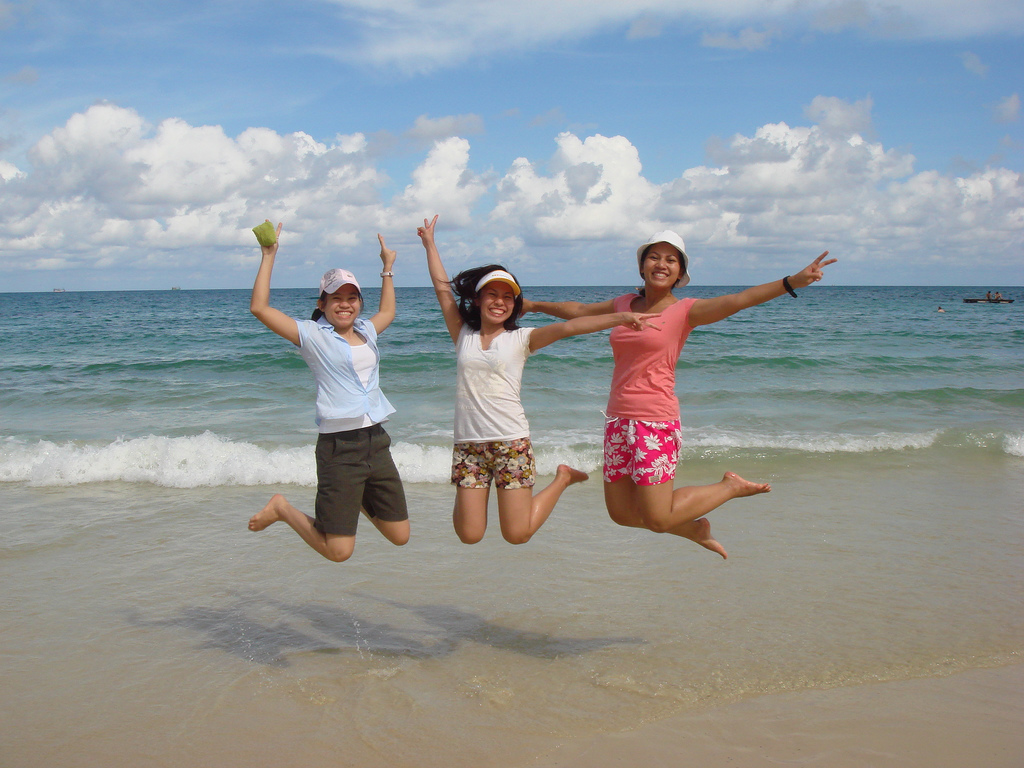
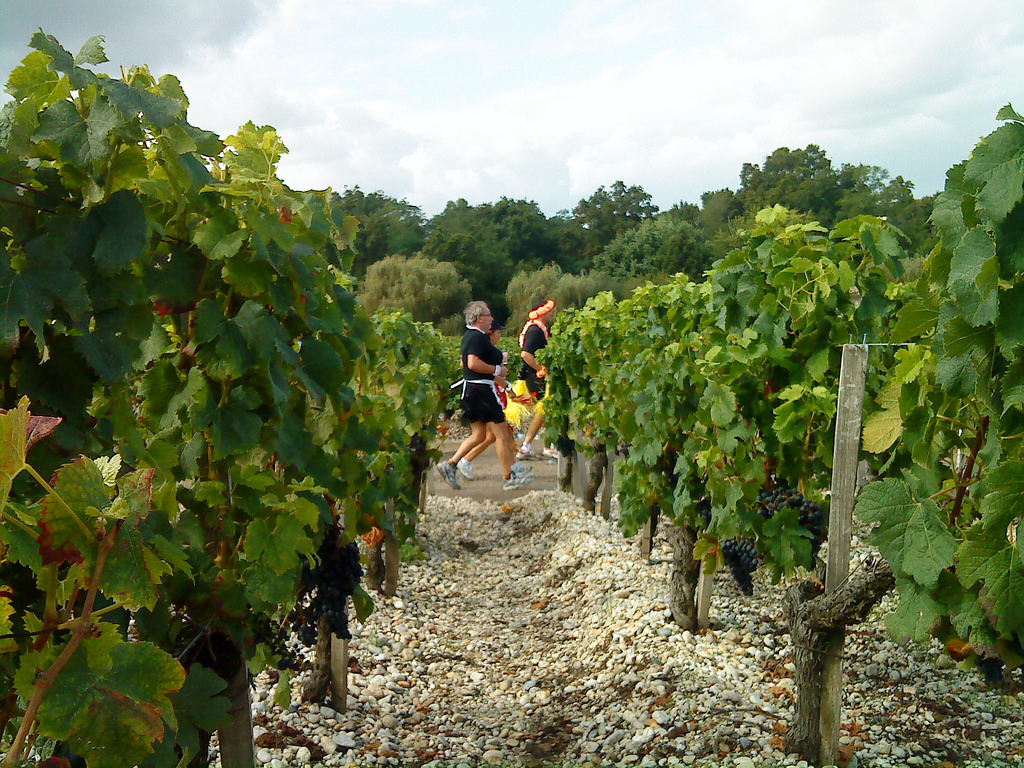

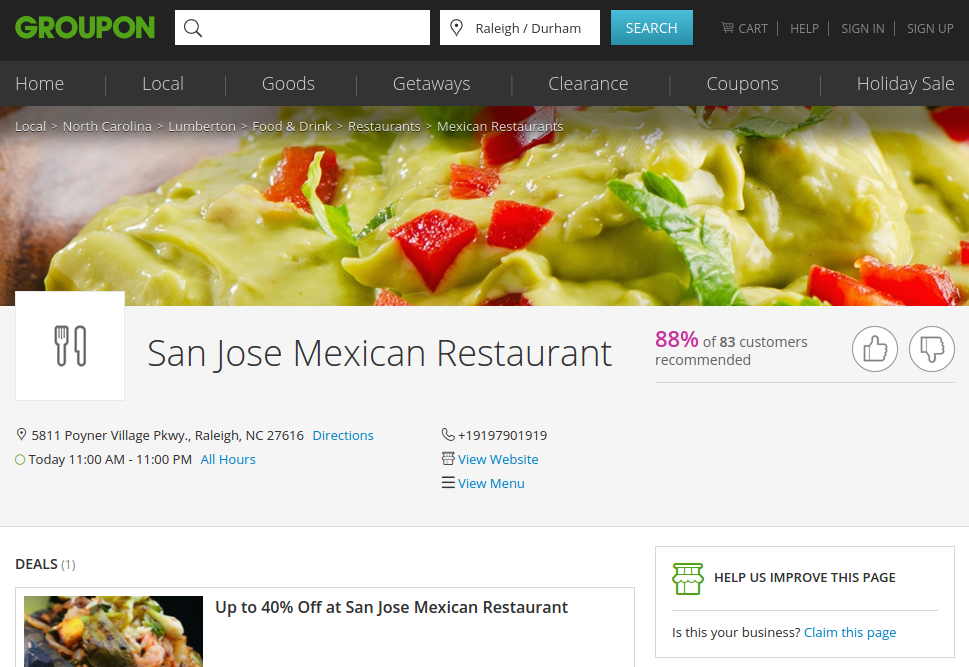

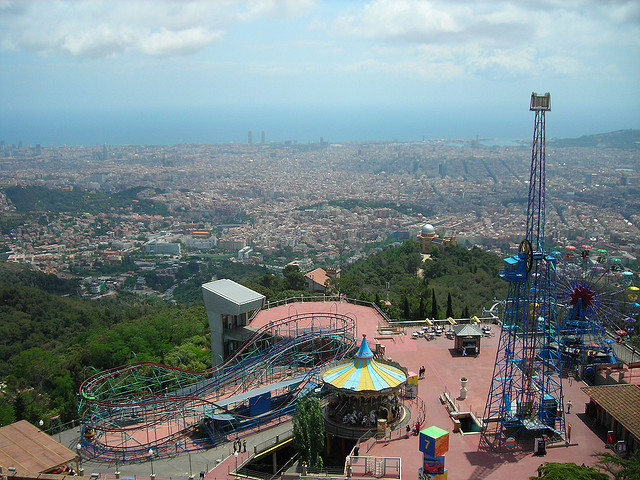
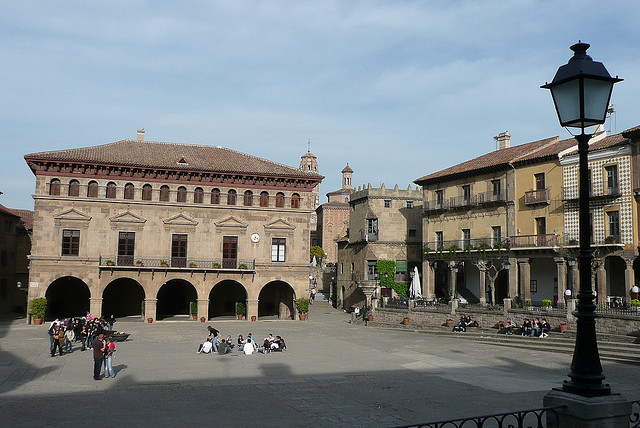
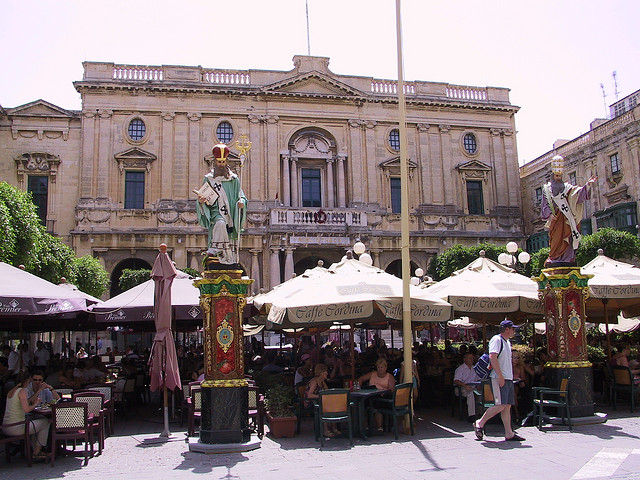
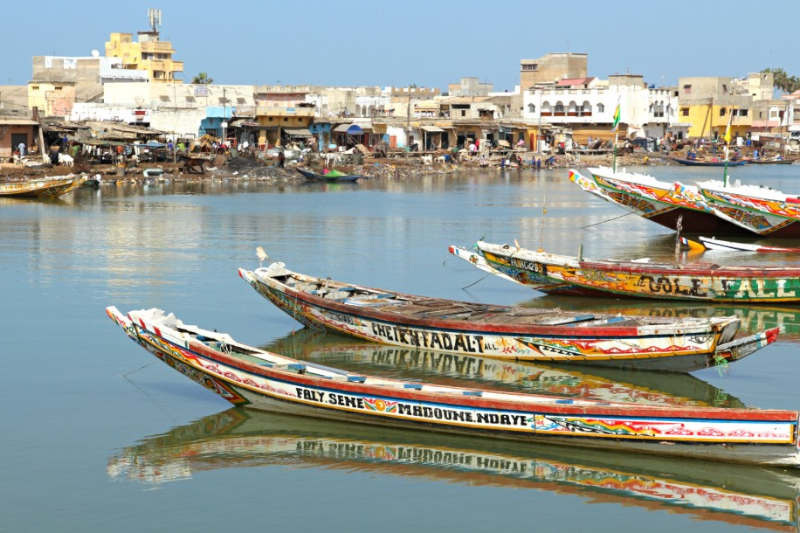
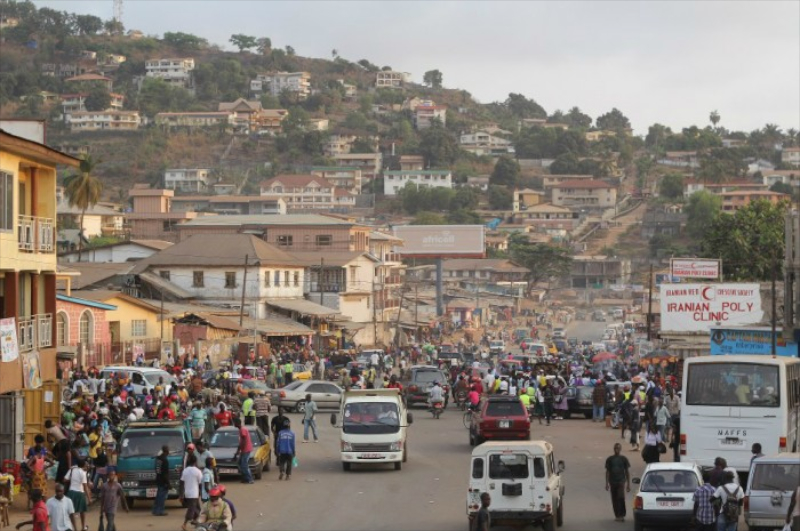
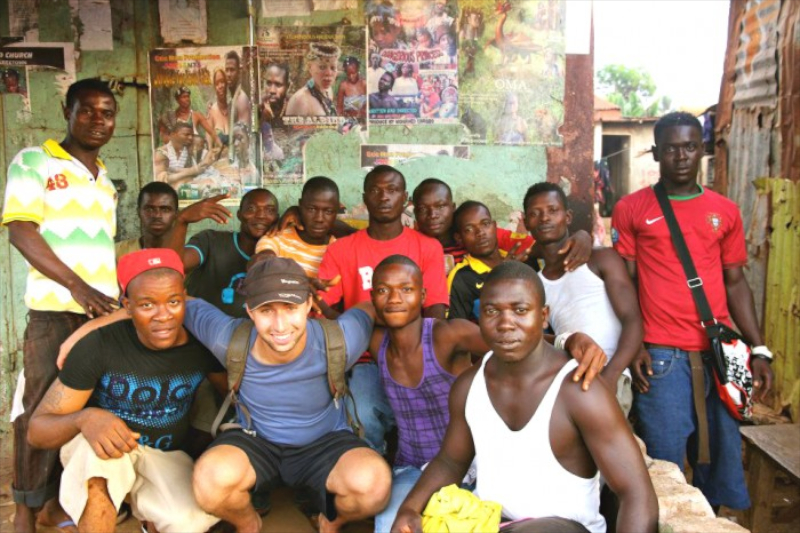
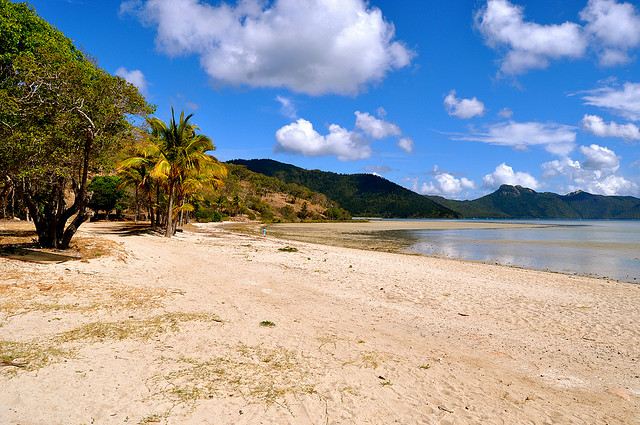
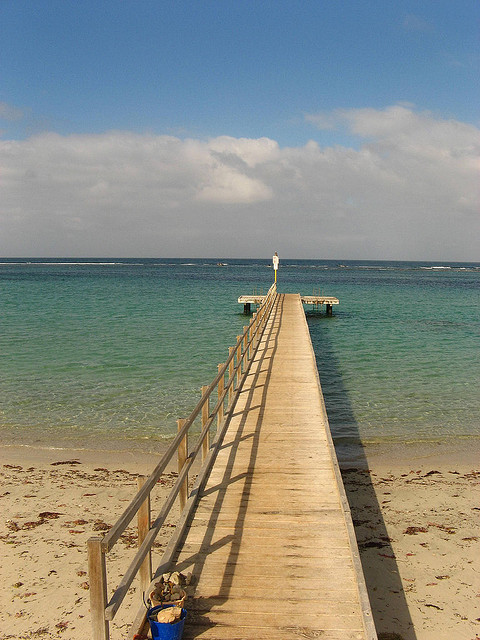
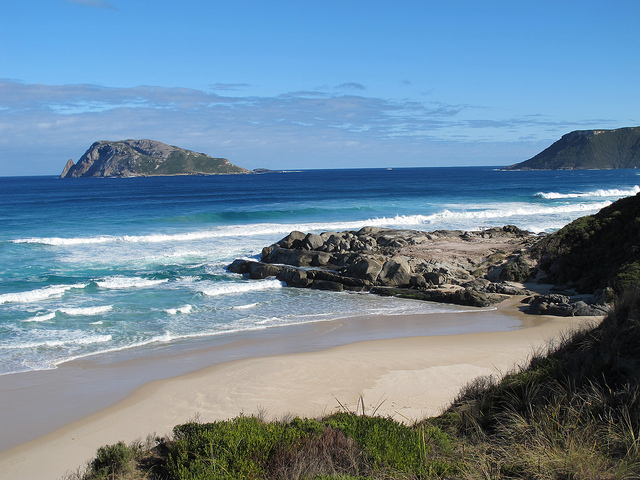



 Welcome to Home Town Travel Guides.com , your source for travel guides written by locals and those who've been there and done that! ~Jeremy
Welcome to Home Town Travel Guides.com , your source for travel guides written by locals and those who've been there and done that! ~Jeremy